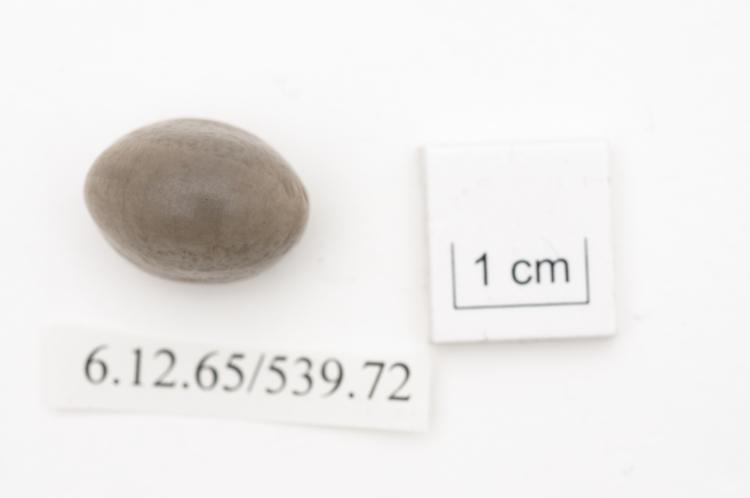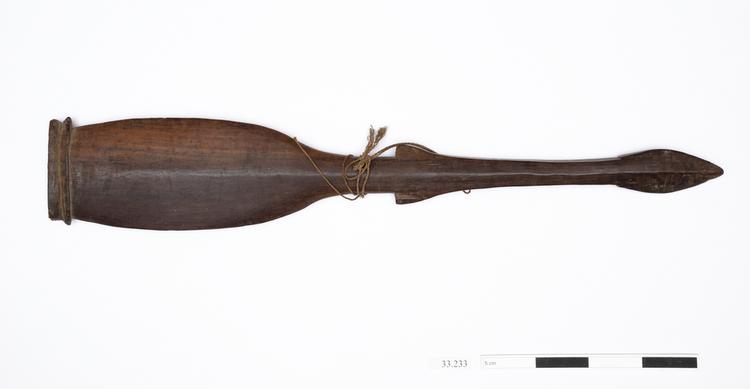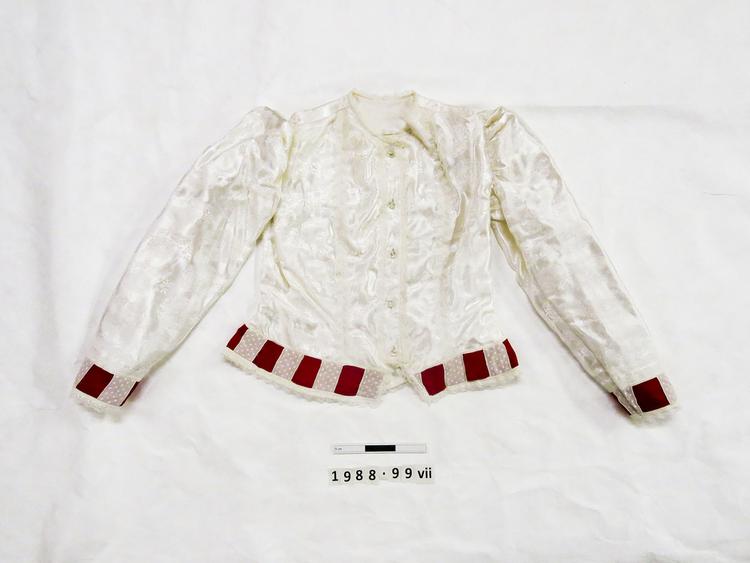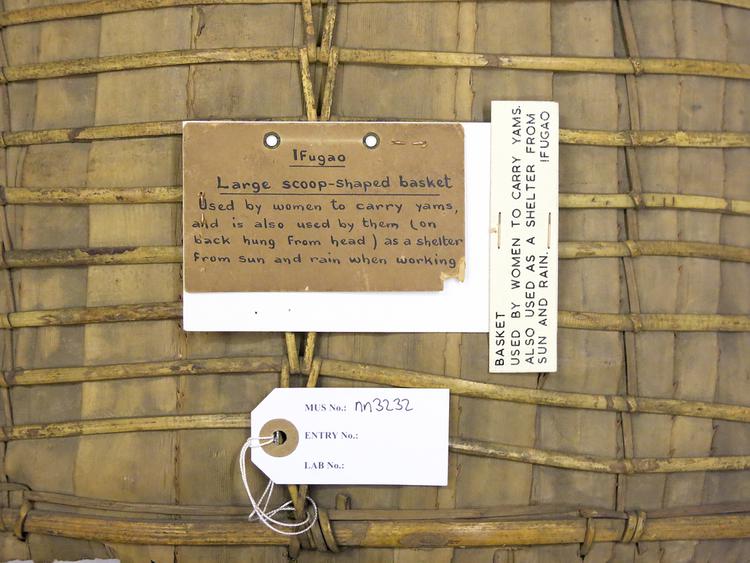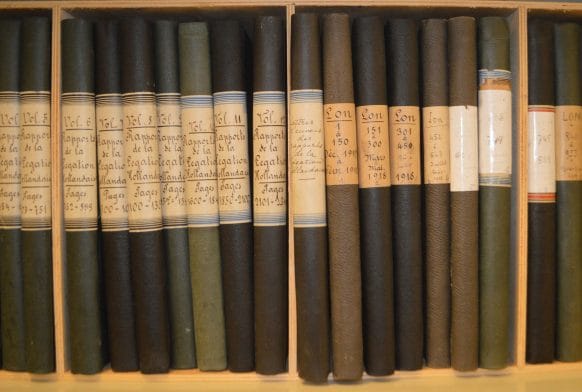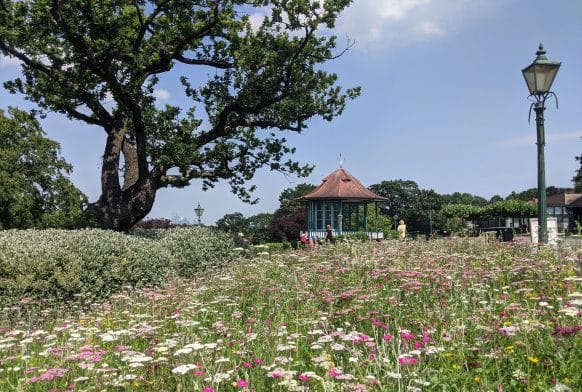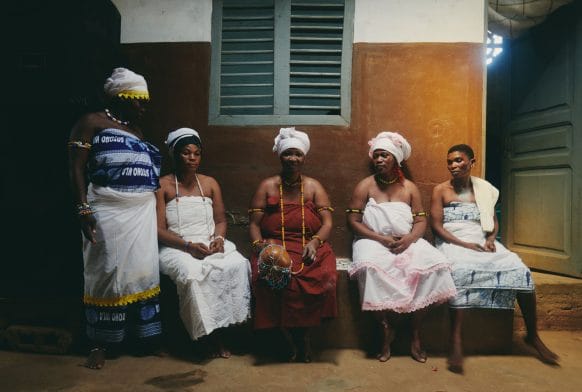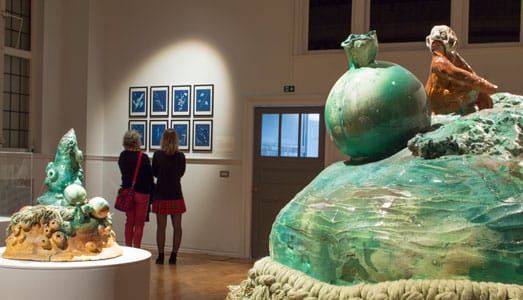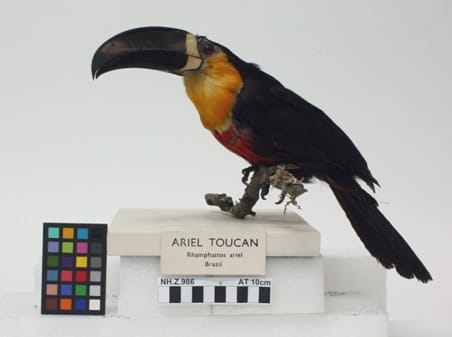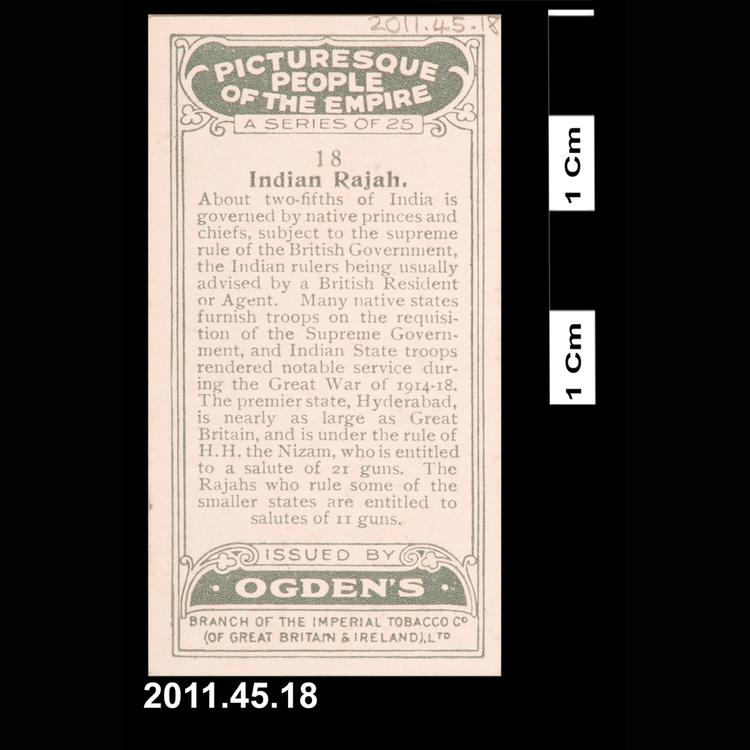
Number 18 in a set of 25 cigarette cards entitled 'Picturesque People of the Empire' issued by Ogden's branch of the Imperial Tobacco Co. Ltd. There is a picture on one side with an inscription reading 'Indian Rajah', and a description on the other side. The text on the reverse reads: 'About two-fifths of India is governed by native princes and chiefs, subject to the supreme rule of the British Government, the Indian rulers being usually advised by a British Resident or Agent. Many native states furnish troops on the requisition of the Supreme Government, and Indian State troops rendered notable service during the Great War of 1914-18. The premier state, Hyderabad, is nearly as large as Great Britain, and is under the rule of H.H. the Nizam, who is entitled to a salute of 21 guns. The Rajahs who rule some of the smaller states are entitled to salutes of 11 guns.'



